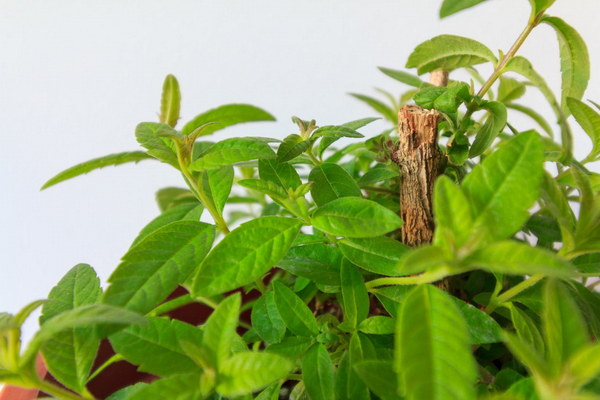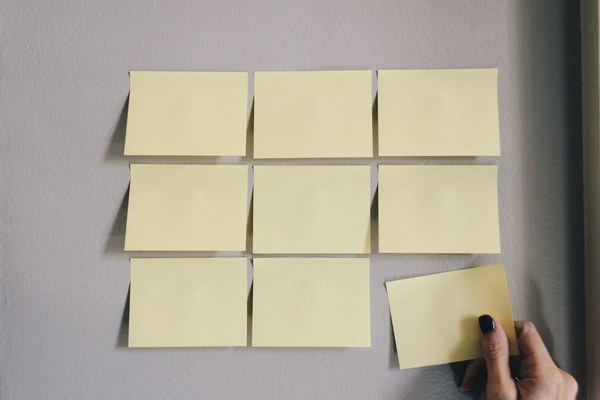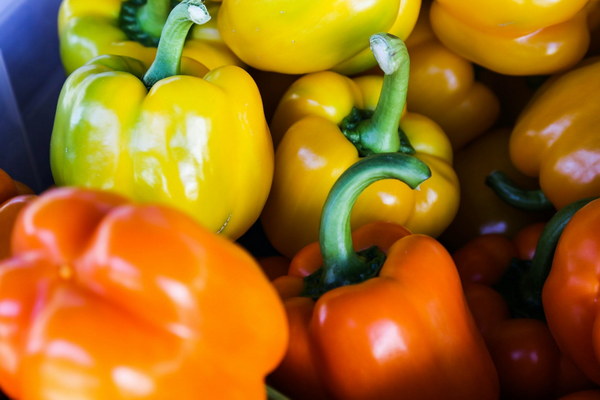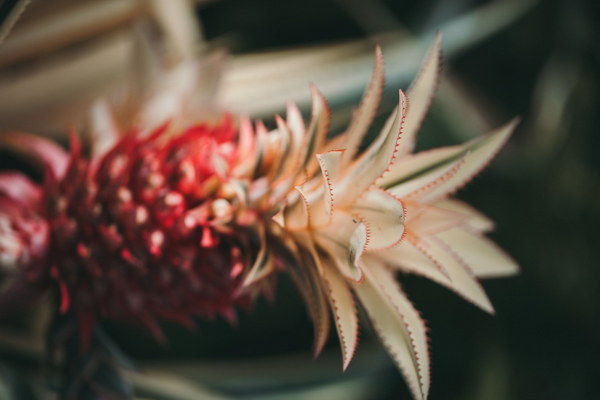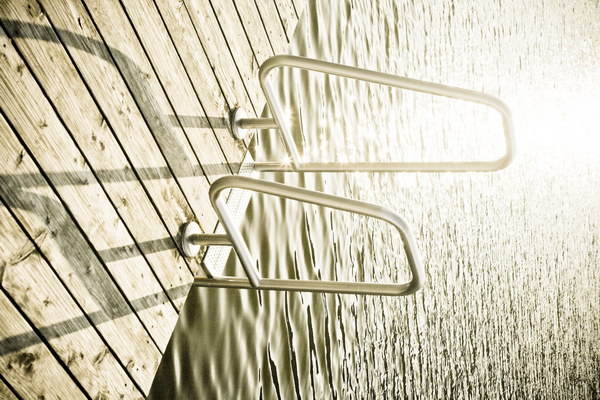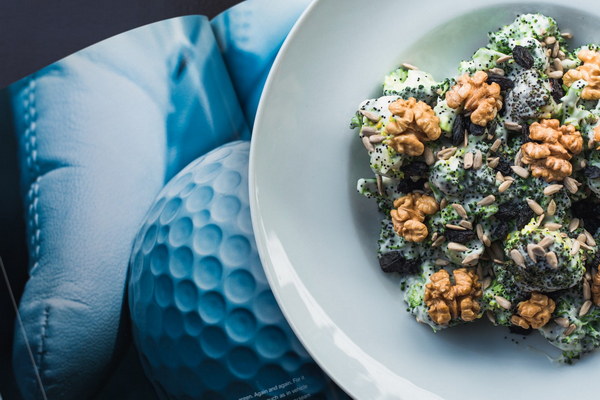Discover the Power of Moxibustion Patches Where to Apply Them for Dampness Relief
In the realm of traditional Chinese medicine, moxibustion patches have gained popularity for their effectiveness in alleviating various health issues, particularly dampness. Dampness, or damp-heat in Chinese medicine, refers to a condition where excess moisture accumulates in the body, leading to discomfort and various symptoms. This article will explore the power of moxibustion patches and the specific areas where they should be applied for dampness relief.
Understanding Dampness
Before we delve into the application of moxibustion patches, it's essential to understand what dampness is and how it affects the body. In Chinese medicine, dampness is often associated with the liver and spleen meridians, which play a crucial role in the body's fluid balance. When these meridians become imbalanced, dampness can accumulate, causing a range of symptoms, including fatigue, weight gain, bloating, and water retention.
Moxibustion Patches: A Natural Remedy
Moxibustion patches are a convenient and effective way to apply moxibustion therapy. They contain dried moxa (mugwort) and adhesive, which allows for a controlled and consistent application of heat therapy over a prolonged period. Moxibustion patches are believed to stimulate the body's energy flow, known as qi, and improve the balance of the liver and spleen meridians, thereby alleviating dampness.
Where to Apply Moxibustion Patches for Dampness Relief
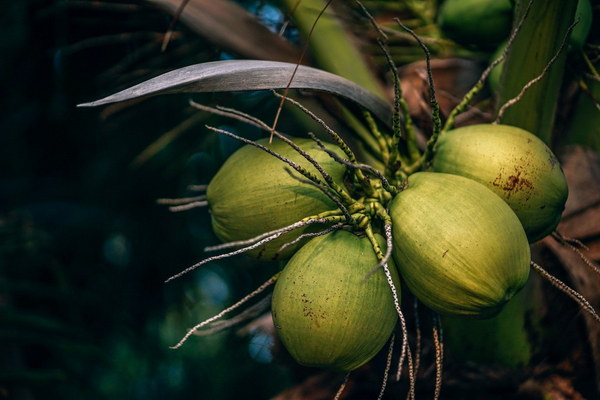
Now that we have a basic understanding of dampness and moxibustion patches, let's explore the specific areas where they should be applied for dampness relief:
1. Stomach 36 (ST36) – Zu San Li
Stomach 36 is one of the most important acupoints in Chinese medicine, known for its ability to boost the body's overall energy and strengthen the immune system. It is located on the outer side of the lower leg, between the ankle bone and the knee cap. Applying moxibustion patches to this point can help alleviate dampness-related symptoms, such as fatigue and weight gain.
2. Spleen 9 (SP9) – Fenglong
Spleen 9 is another essential acupoint for dampness relief, located on the inner side of the lower leg, between the ankle bone and the knee cap. This point is believed to aid in draining excess moisture and promoting healthy digestion, thereby reducing dampness-related symptoms like bloating and water retention.
3. Liver 3 (LR3) – Taichong
Liver 3 is an important acupoint for balancing the liver meridian, which plays a significant role in dampness. It is located on the top of the foot, between the first and second toes. Moxibustion patches applied to this point can help alleviate symptoms such as mood swings, irritability, and headaches, which may be associated with dampness.
4. Kidney 1 (KD1) – Yu Bing Song
Kidney 1 is an essential acupoint for balancing the kidney meridian, which is responsible for storing essence and governing the body's fluids. It is located on the inner side of the ankle, between the Achilles tendon and the ankle bone. Applying moxibustion patches to this point can help alleviate dampness-related symptoms, such as fatigue and low back pain.
5. Large Intestine 4 (LI4) – Hegu
Large Intestine 4 is a powerful acupoint for alleviating dampness and promoting healthy digestion. It is located on the back of the hand, between the thumb and index finger. Moxibustion patches applied to this point can help alleviate symptoms such as constipation, bloating, and water retention.
Conclusion
Moxibustion patches are a natural and effective way to alleviate dampness-related symptoms. By applying them to specific acupoints, such as Stomach 36, Spleen 9, Liver 3, Kidney 1, and Large Intestine 4, you can help balance the body's energy flow and improve your overall health. Always consult a healthcare professional before starting any new treatment, especially if you have underlying health conditions or are pregnant.
